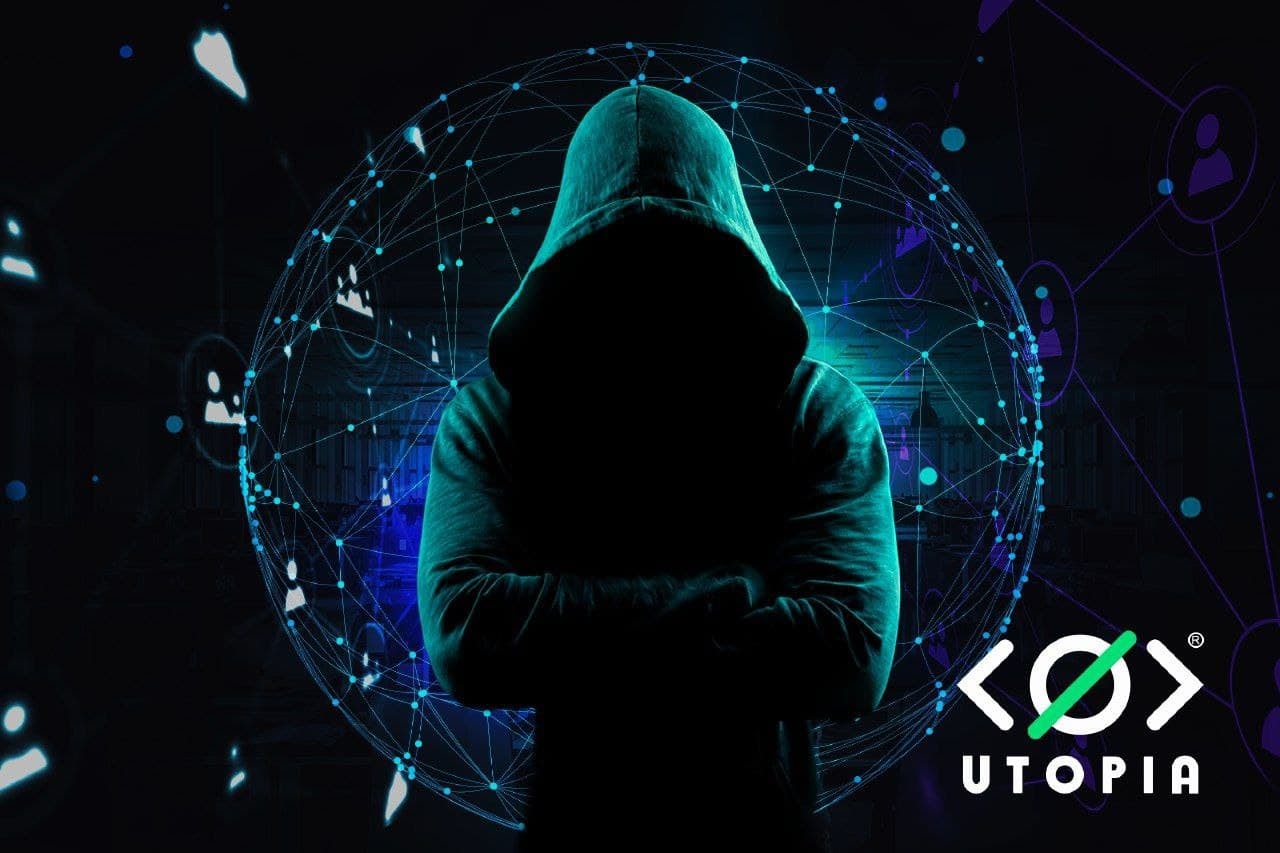
Transfer of information (or communication) is the fundamental tool throughout the ages. The ability to convey one's messages allows transfer of knowledge, information, news, etc. We humans have come a long way in the last couple of centuries, from smoke signals that allowed American Indians to communicate between nearby villages to the modern internet age where we can send our messages to an audience that spans the globe.
Platforms like Facebook, YouTube, Twitter and others have amassed an incredible user base, with an estimated 3.5 billion total social media users in 2019 who were constantly sending messages, sharing pictures, videos and experiences.
The Dark Side
Where the internet has given us the greatest opportunity we have ever had to communicate and socialize, it has also come at a great cost.
Communications and social networks have given us a platform where we can connect to friends and like-minded people who are willing to hear what we have to say. While users mostly spend their time using these platforms and applications in their daily lives without a hitch or incident, they are oblivious to the fact that their freedom of expression is an illusion. There are several bottlenecks that organizations such as governments and global corporations can exploit for their purposes and therefore exert control. From the very moment a person heads over to register on any of these platforms, they give up their right to privacy by accepting the terms of agreement. Anything they do or message from that point of life is the ownership of the platform.
As platforms grow in user base, more people are compelled to join for the greater audience they can achieve. This becomes a cyclic process and overtime, the platform garners enough users where it can become nearly impossible to stop it. The massive user data also gives it the perfect opportunity to sell their information without their knowledge. A prime example is the Cambridge Analytica scandal where the firm harvested Facebook user data to create influences in Trump's US election campaign.
Then there is the stifling of the voice. If a user goes against the wishes of the platform, he or she is banned. The banned users can protest about it, but ultimately without the audience they once had, they cannot do anything about it. If Twitter can ban someone as powerful as the President of the United States from its platform, think of ordinary citizens who try to protest against injustice.
Why Decentralization is Key
Decentralization has always been hailed as the perfect tool to defend against the rising tide of modern fascism. While Facebook, Twitter and other platforms decide what you can or cannot do, a distributed network takes the power away from the elite and spreads it down to the users.
Using peer-to-peer technologies such as blockchain, these distributed platforms are sustained by the users themselves. A good example of such a system is Utopia, a decentralized ecosystem that allows anyone to enter the network and start communicating with other users. The platform is censorship free and offers a range of communication services such as:
-
Direct messaging.
-
Group chats.
-
Voice messages.
-
Emails
-
Private browser
-
Internal hosting of websites using its proprietary decentralized naming service uNS.
The Utopia data is stored on the local drives of the users and never a server. The data is also encrypted using a 256-bit AES algorithm and communication between users is protected through the secure Curve 25519 elliptic cryptography to provide the utmost of privacy.
Utopia goes much beyond as a social media app that connects people. With its ability to create a whole new ecosystem that allows people to interact just as if they were using the internet itself. This creates a whole financial and economic hub. Powering this web 3.0 approach is their localized Crypton (CRP) token. The token is privacy oriented, meaning big brother cannot track the transactions to individuals.
The world is at a crucial step today, with big data companies literally taking over the lives of their users, where they dictate what users can do and what they cannot - a violation resulting in freezing the account and even a ban.
* This is a contributed article and this content does not necessarily represent the views of techtimes.com








